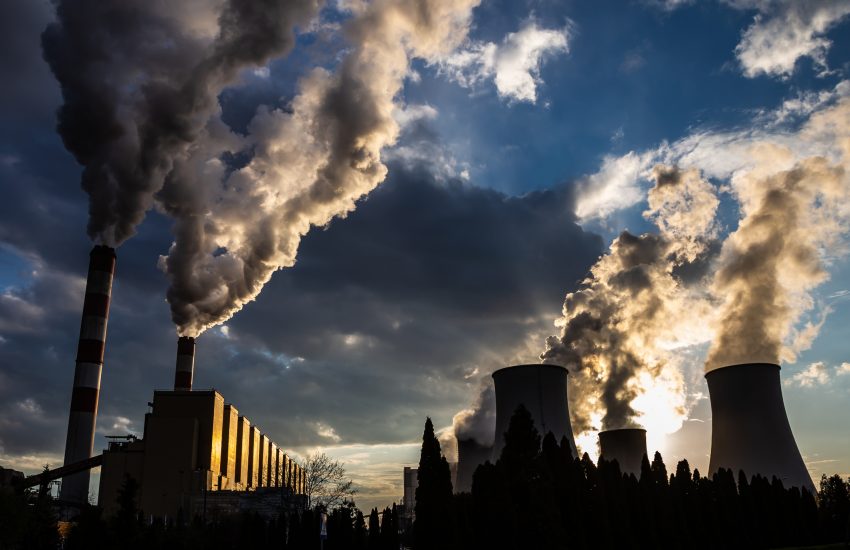A decade ago, as part of a concerted effort to reign in industrial pollution, the Obama-era Environmental Protection Agency (EPA) promulgated the mercury and air toxics standards (MATS) pursuant to its authority under the Clean Air Act (CAA). The purpose, as implied by the title, was to limit the amount of mercury and other toxins released into the air by coal-fired power plants. It was heralded by proponents and environmentalists as a large step forward in reducing the risk of heart attacks and cancer, and lowering the risk of damage to the neurological development of children.
Opponents criticized, among other things, the projected limited financial return of reducing mercury, which amounted to no more than $4 to $6 million dollars, at a cost many times that to bring companies within compliance. The EPA, they argued, had grossly overstepped its authority by not taking costs to the regulated industries into account. This argument culminated in the 5-4 U.S. Supreme Court decision in Michigan v. US EPA 576 U.S. 743 (2015), where the Court held that the EPA unreasonably refused to consider costs when first enacting the MATS. The Court, however, declined to stay their enactment. In 2020, the EPA under the Trump administration took up the baton of objecting to MATS, and reversed the original finding that the MATS were “appropriate and necessary” to regulate the plants under the CAA.
On February 1, 2022, the Biden administration, in an effort to reinvigorate the MATS on sturdier legal ground, reinstated the finding that they are necessary and appropriate. The current administration also has taken the extra steps to supply new data about the direct benefits of the MATS, including weighing adverse health and environmental effects of emissions they intend to prevent.
Environmentalists are applauding the reinstatement, encouraged that the new rationale underpinning the MATS will not only survive future legal attack, but maybe form the basis for furthering the administration’s environmental agenda.

